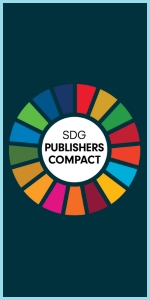SH22009Burden of trichomoniasis among older adults in the United States: a systematic review
This article reviews the reported burden of trichomoniasis, a sexually transmitted infection (STI), in older adults in the United States. Among adults aged 45+ years, the estimated prevalence of trichomoniasis during the years 1993–2016 ranged widely, from 0.2% to 21.4%. The risk of trichomoniasis in this population is still understudied, and some older adults may be at an underappreciated risk for STIs.
SH22009 Abstract | SH22009 Full Text | SH22009PDF (647 KB) | SH22009Supplementary Material (423 KB) Open Access Article





